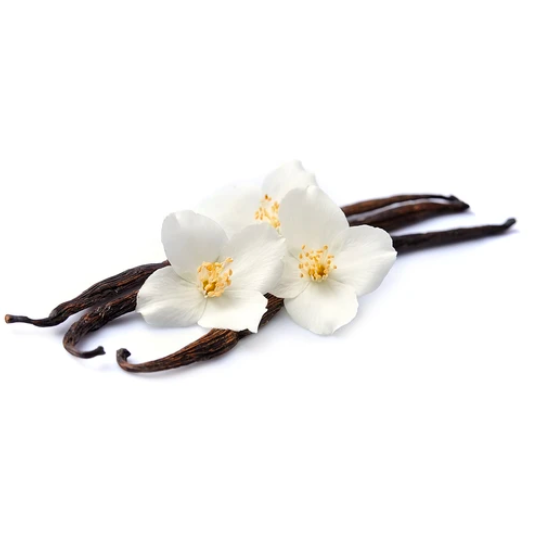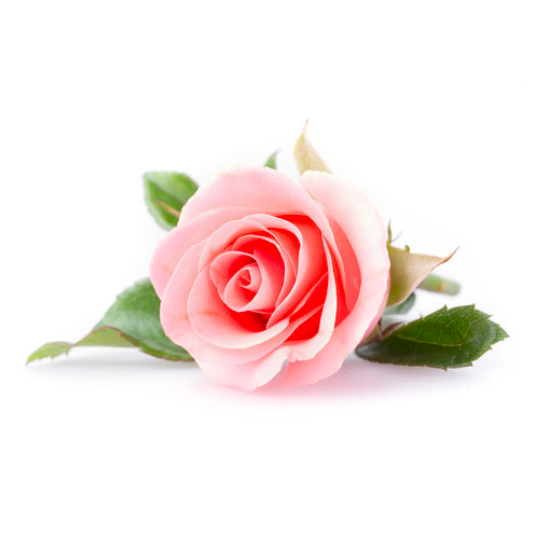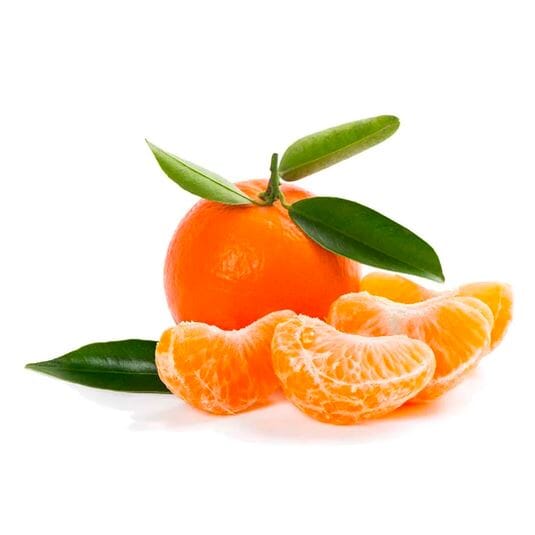What does the word ambrette mean?
Ambrette takes its name from the French word "ambre," referring to ambergris, a precious substance often used in perfumery. This olfactory note is extracted from the seeds of the Abelmoschus moschatus plant, also known as musky hibiscus. This raw material is often used as a plant-based alternative to ambergris, as it offers a musky, sensual fragrance subtly reminiscent of amber.
In the beginning…
The use of ambrette seeds in perfumery dates back to ancient times, where it was prized for its aromatic and medicinal properties. The Egyptians and Romans already used this note to create perfumes and scented ointments. Over the centuries, ambrette has continued to be valued for its unique scent and musky qualities, which add a sensual and warm touch to perfume compositions. Today, ambrette remains a choice ingredient for perfumers seeking to create sophisticated and captivating fragrances, thus perpetuating its olfactory legacy through time.
The cultivation of ambrette
Ambrette is a plant native to tropical Asia, particularly found in India and parts of Africa. Ambrette is cultivated primarily for its seeds, which contain the essential oil used in perfumery. The plant is grown in areas with warm, humid climates where it can thrive. The seeds are harvested by hand, then dried and pressed to extract the essential oil, which gives off a delicate, musky fragrance.
What did you know about the use of ambrette in perfumery?
In perfumery, ambrette is a highly valued ingredient for its softness and subtlety. Its olfactory profile is characterized by musky, slightly animal notes and an enveloping warmth. It brings a sensual and velvety dimension to perfume compositions. Ambrette is often used as a base note to give depth and longevity to fragrances. It pairs particularly well with woody accords, such as sandalwood, cedar, and vetiver, which amplify its warmth. It is also found combined with delicate floral notes, such as rose or jasmine, to create elegant and captivating fragrances. Its musky character blends harmoniously with notes of vanilla and amber, adding a touch of sensuality to the composition. In short, ambrette is a versatile and precious ingredient in perfumery, bringing a refined and sophisticated touch to olfactory creations.
GOOD TO KNOW!
Outside of the world of perfumery, ambrette also has benefits and virtues that give it a special place in other fields. In traditional medicine, ambrette essential oil is used for its calming and relaxing properties, making it a popular ingredient in aromatherapy practices to relieve stress and anxiety. It is also known for its antispasmodic and anti-inflammatory properties, which can help relieve muscle tension and joint pain. Furthermore, ambrette is sometimes used for its aphrodisiac properties, as its musky scent is considered to awaken the senses and promote intimacy. Finally, this plant is also valued in the cosmetics industry for its moisturizing and softening properties, particularly in the formulation of skin and hair care products. Overall, ambrette offers a range of benefits that extend well beyond the world of fragrance, adding a touch of softness and relaxation to our daily lives.
Some well-known perfumes with ambrette
• N°19 Eau Poudrée by Chanel : The second birth of the legendary N°19 by Jacques Polge for Chanel in 2011. Inspired by the trend for powdery iris-based perfumes, this masterpiece rehabilitates the Iris Pallida, a precious material cultivated in Grasse. A deliciously floral bouquet, blended with woody notes and white musks, pays vibrant homage to the freedom and timeless elegance of Coco Chanel .
• Pure XS For Her by Paco Rabanne : This is a seductive eau de parfum by Paco Rabanne, embodied by the magnetic Emily Ratajkowski. Its pink amphora-shaped bottle, topped with a black cap, houses a captivating oriental composition. Floral notes, ylang-ylang and vanilla, blend with a subtle popcorn accord, creating a sensual and magnetic aura, both virtuous and indecent.
• Egoïste by Chanel : An original and seductive fragrance enhanced by a masterful advertisement by Jean-Paul Goude. The Egoïste man is impertinent and devastating, just like his flashy advertisement that made a lasting impression. Created in 1990 by Jacques Polge, this powerful fragrance harmoniously blends spicy, woody and balsamic notes, giving it a fascinating timelessness.
Who knows, maybe Bon Parfumeur, our 100% made-in-France perfume brand, will offer ambrette fragrances one day. In the meantime, feel free to visit our website or visit us in-store!










